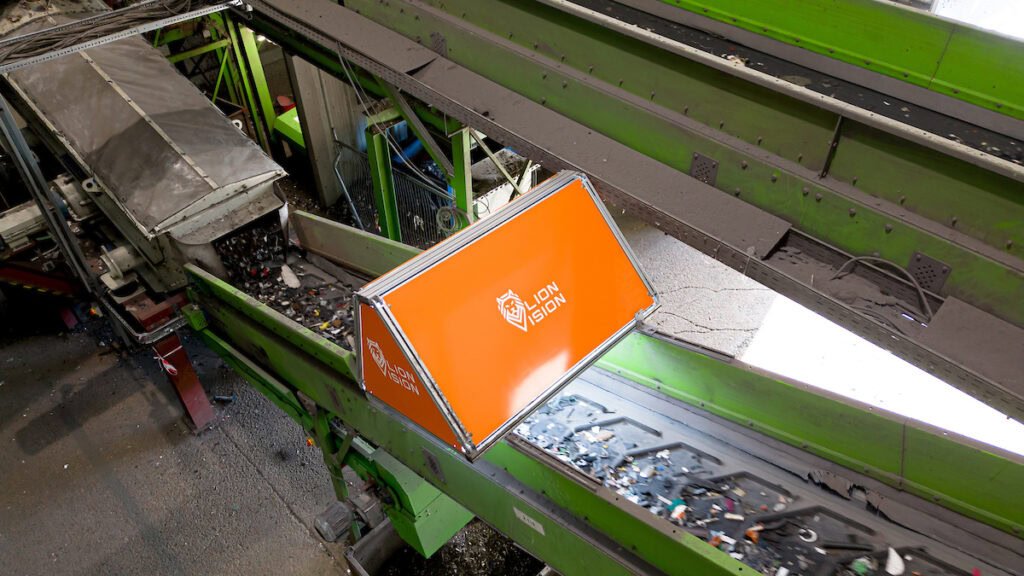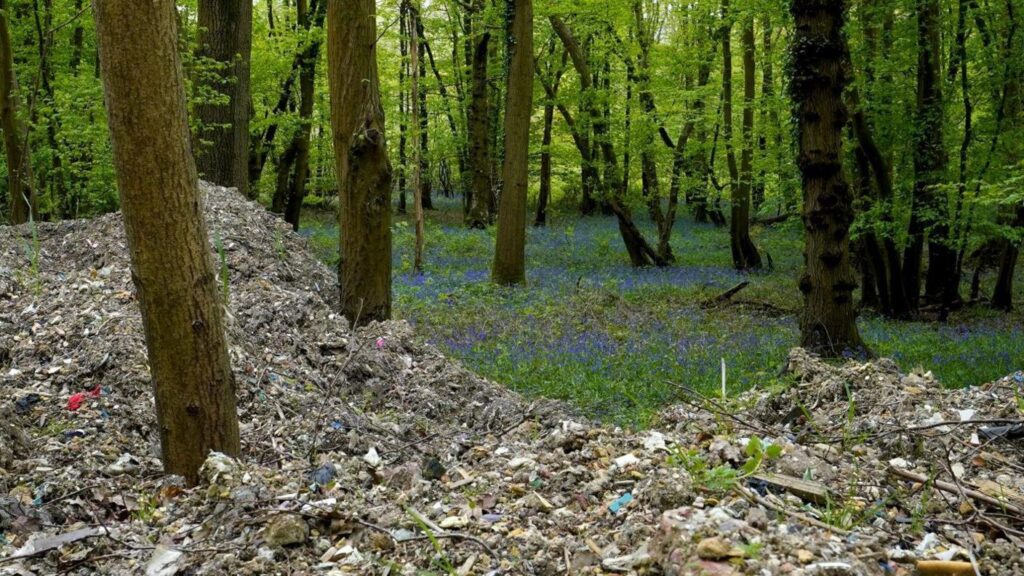The company has reported that its system can analyse over half a million images within a 24-hour period, detecting more than 600-cylinder batteries per hour. While currently focused on cylinder batteries, Lion Vision has highlighted that the system can be programmed to identify other battery subtypes and hazardous objects such as vapes.
Lion Vision’s detection system is already operational at multiple sites across the UK, including SWEEEP in Kent.
The development of this technology was supported by a grant of more than £125,000 from the Knowledge Transfer Partnership (KTP) project with the University of Manchester, run by Innovate UK. The team collaborated with Professor Hujun Yin from the School of Engineering at the University of Manchester.
Solution
Richard Hewitson, CEO of Lion Vision, said: “We spotted this existential issue early and set about finding a solution. Working with Innovate UK and partnering with The University of Manchester was a logical approach and helped enormously in expediting our development of an AI detection solution to address one of society’s toughest challenges. Seeing the product proving itself in the market is a very proud moment for us all and justifies the many years of hard work to get to this point.”
Insight
Professor Hujun Yin said: “My work in AI and vision systems has often given me insight into challenges that society faces, and this project was no exception. While policy change and progress should be pursued, we cannot underestimate the environmental damage is being caused by lithium-ion batteries. It is our responsibility to find engineering solutions to these existing problems. I have no doubt that the system created by the partnership and the team at Lion Vision will have a significant impact on the waste industry.”
Research from Material Focus, a not-for-profit organisation funded by the WEEE industry, indicates that batteries left in unwanted electronics cause over 700 fires annually in refuse collection vehicles and at household waste recycling centres. Batteries are responsible for an estimated 48% of all waste fires in the UK, costing the nation approximately £158 million annually.








Subscribe for free